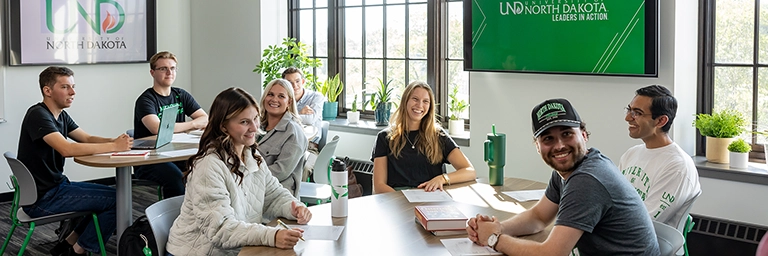
Equipping You for the Future
Be ready to address the critical challenges of a fast-changing world with a liberal arts education that helps you grow.
The College of Arts & Sciences equips future citizens and leaders with the skills they need to be strategic thinkers, effective communicators, innovative decision-makers and life-long learners. In addition to demonstrating excellence in teaching, college faculty are active scholars and creative artists who advance knowledge and imagination throughout the region. The college fosters the creative, ethical, and intellectual development and capabilities of its students through its programs in fine arts, humanities, math and science, social sciences, and high-impact interdisciplinary programs.
How does a liberal arts degree fortify your future?
A liberal arts degree doesn't train you for a narrow specialty. Rather, the purpose of a liberal arts education is lifelong-learning, exploration and discovery.
Classes in liberal arts disciplines often involve writing, crafting an argument, supporting a point of view with research and defending or discussing your idea with others. These skills don't apply to just one field--they apply to every field. Evidence shows this is exactly what employers are looking for.
Career Mobility
In addition to increasing your employability, liberal arts education provides you a foundation for flexibility and career mobility.
Young adults like you are increasingly interested in finding a career path that matches their values and meets their life goals. Often, navigating that path means changing jobs and even careers. A liberal arts education prepares you with skills and abilities that translate across jobs, helping you craft a journey tailored just for you.